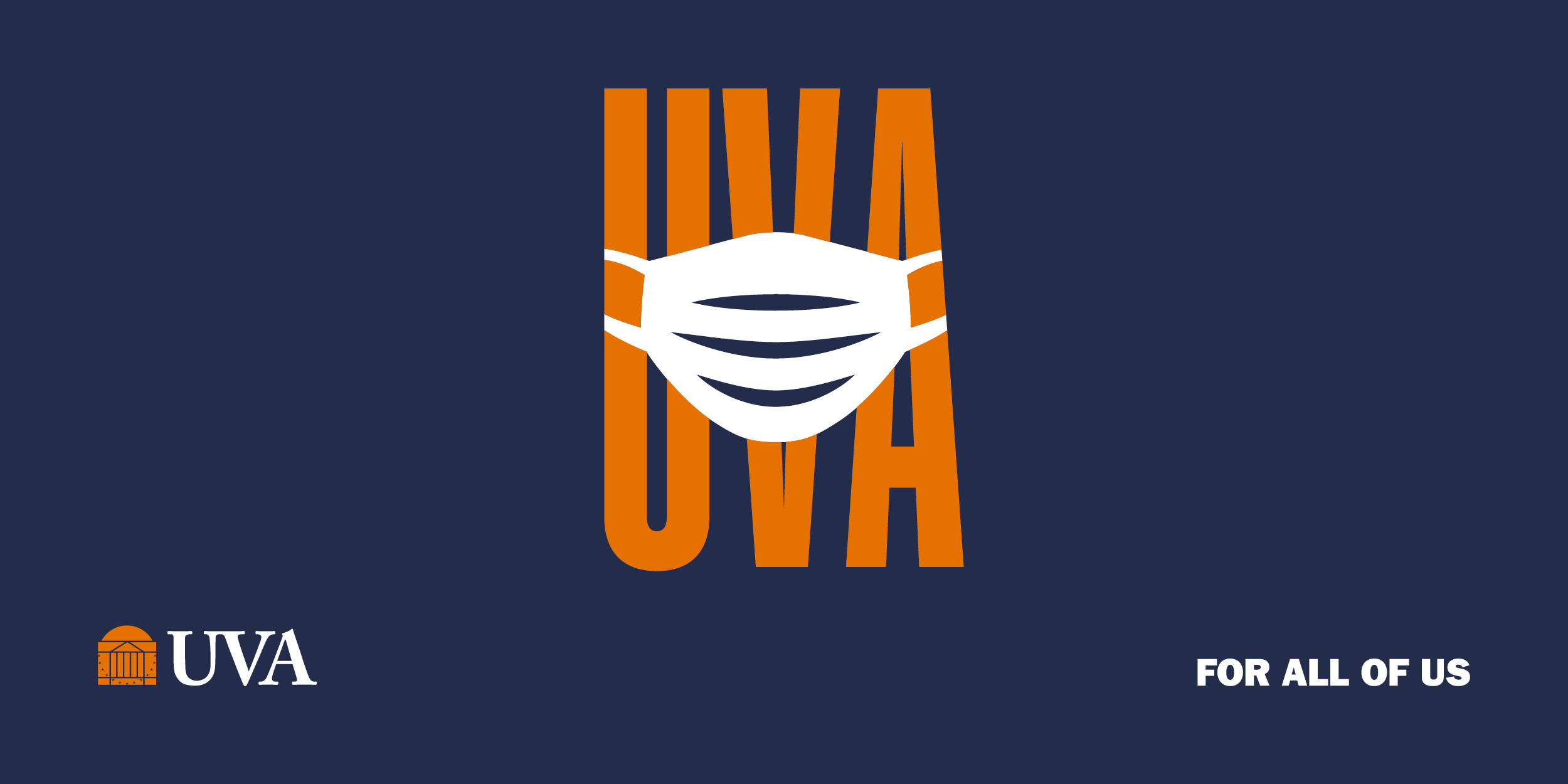Editor’s note: Welcome to the latest installment of “On Words,” an occasional series in which faculty members write about evocative words and phrases. Here, Ian Solomon, the dean of the Frank Batten School of Leadership and Public Policy, reflects on the word “leadership” and how it can heal.
On Words: Leadership

Illustration by Alexandra Angelich, University Communications
What if I told you this election doesn’t matter?
I’d make enemies across Grounds and across the political spectrum. People would question my qualifications to teach or serve as the dean of a school of leadership and public policy. Those who believe this election presents an existential crossroad for the future of our democracy might feel their blood pressure rising, along with their anger.
To be clear, I believe this election most certainly does matter. Enormously so. And every single vote can make a difference. If you haven’t already done so, please vote!
The point of my hypothetical is to emphasize that our challenges as a nation – and the threats to our democracy – are more profound than what can or should be fixed by our elected leaders alone. They require leadership from all of us, at all levels.
Regardless of the election’s outcome, a significant fraction of voters may dispute the legitimacy of the results. Whether because of contested legal decisions, the Electoral College system, or allegations of fraud, suppression or foreign interference, large numbers of our fellow citizens may feel cheated, angry, depressed, fearful or vengeful.
This polarization is not new, of course. The danger of political factions has festered since before George Washington’s farewell address, when he cautioned our young nation against infighting and partisanship. It has persisted through Abraham Lincoln’s impassioned plea to summon the “better angels of our nature” to unite our “house divided.” It made Barack Obama’s hope genuinely audacious when he opined, at the Democratic National Convention in 2004, that there is no Red America or Blue America, only the United States of America.
Our news sources disagree about basic truth and facts and, in some cases, perpetuate toxic and corrosive conspiracy theories. Political rivals who once counted on each other for robust debate are hardening their views of one another as enemies to be feared, tolerating less and less dissent and diversity, even among their own ranks. Many Americans are tired of our polluted media climate and are sheltering in the echo chamber of social media.
With this fever pitch of distrust, disgust and disrespect, those of us who care about this democracy face an urgent challenge of healing and repair. While our elected officials may have the most visible impact on our culture and institutions, I hope we will resist the impulse to concentrate our leadership expectations in any single individual or group.
Indeed, as the dean of UVA’s Frank Batten School of Leadership and Public Policy, we teach our students that leadership is not just about specific roles or positions in an organization or government. We encourage our students to lead from anywhere.
I am proud of our bipartisan community and our goal to become as diverse in thought, background and experience as the world we wish to serve. With students, staff, faculty, alumni and community members from all political and ideological persuasions, I cherish our distinctive opportunity to build an institution where people with radically different opinions can come together around a shared commitment to uncommon decency and the common good.
We will no doubt have students who cheer the election’s outcome and others who mourn. But I believe we have neither the luxury of celebrating nor surrendering, because there is too much work to be done. As we roll up our sleeves and get to work, here are some ways we can practice leadership that heals.
First, we can be more effective listeners. Listening has become too rare. Because it is hard, it needs to be practiced. It is a skill that improves with effort and intention. All of us can learn to react less to messages that make us uncomfortable. We can also learn to hear the emotions, needs and motivations behind a person’s words to enable deeper empathy and understanding. Rather than assume that “they” have no interest in listening to “us,” start by finding one individual and letting that person speak their truth. Be present and hear one another.
Next, we can be rigorous and collaborative in advancing the causes in which we believe. We can be passionate agents of change and also be smart and inclusive with our strategies. Let’s channel our passions in a way that raises the quality of discourse and the diversity of participation. Let’s pursue our solutions with humility and an open mind. There is the old adage, “If you want to go fast, go alone; if you want to go far, go together.” Let’s open the door a little wider to the possibility of going together.
Third, we can reduce the allure of fake news and increase our collective discipline to rely on truthful, objective and verifiable facts. Let’s commit to be more discerning and literate in media, technology and data, and to promoting a high standard of evidence for analysis, communication and decision-making.
Fourth, let’s remember the dangers of using fear as a political strategy and instead find alternatives that are less damaging to safety, trust and well-being. We can elevate our arguments, grounding them in ideals rather than power, identity, shame or fear. Even if we believe our political adversaries lack good faith or play unfairly, we can show restraint for the good of our democracy. We won’t save our house by burning it down.
Finally, to paraphrase the words of one of my heroes, Martin Luther King Jr., hatred cannot drive out darkness, only love can do that. Each of us, in every interaction of every day, faces choices about the values we wish to express through our actions and engagements. Let us exercise leadership that heals, empowering love over hate and hope over fear.
Media Contacts
University News Senior Associate Office of University Communications
jak4g@virginia.edu (434) 243-9935





